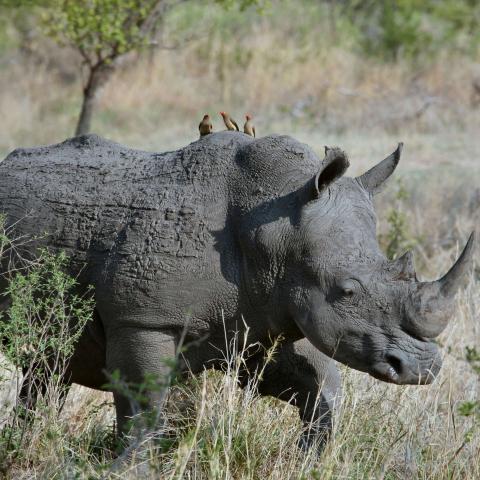Introduction to the Seeds of Good Anthropocenes Initiative | online

Organised by the Society for Social-Ecological Systems
Introduction to the Seeds of Good Anthropocene Initiative
19 September 2025, 14:00-15:00 CET | online
The Seeds and Plural Pathways to Transformative Change working group in the Transformative Change Processes thematic stream invites you to their first webinar on the Seeds of Good Anthropocenes initiative. During the webinar, the Society for Social-Ecological Systems' (SocSES) working group will introduce the initiative and its seeds database. They will also discuss what constitutes a "seed", what the initiative’s theory of change is, as well as how people can contribute seeds and get involved.
Keynote Speakers
- Reinette (Oonsie) Biggs: co-director of the Centre for Sustainability Transitions (CST) and holds a DST/NRF South African Chair (SARChl) in Social-Ecological Systems and Resilience at the Stellenbosch University
- Karina Benessaiah: Assistant Professor at the University of Guelph
- Nyasha Magadzire: Researcher and serves as the ethics coordinator for the CST at the Stellenbosch University
- Elena Bennett: Professor and Canada Research Chair in Sustainability Science at McGill University
- Garry Peterson: Professor and director of the Finance to Revive Biodiversity Programme at the Stockholm Resilience Centre
- Keziah Mayer: Sustainability Transformations PhD Student, Stellenbosch University
- Julia van Velden: Researcher at the Stellenbosch University
>> Apply to join the NFF community
Looking for discussions about scenarios? Check the IPBES Scenarios and Models Assessment and related documents!
Meet the Communities of Practice engaging with IPBES
Photo by joel herzog on Unsplash: white rhinoceros (Ceratotherium simum) in African savannas with birds on it back. The scene highlights a classic example of mutualism in African savannas, where both species benefit from their interaction.
